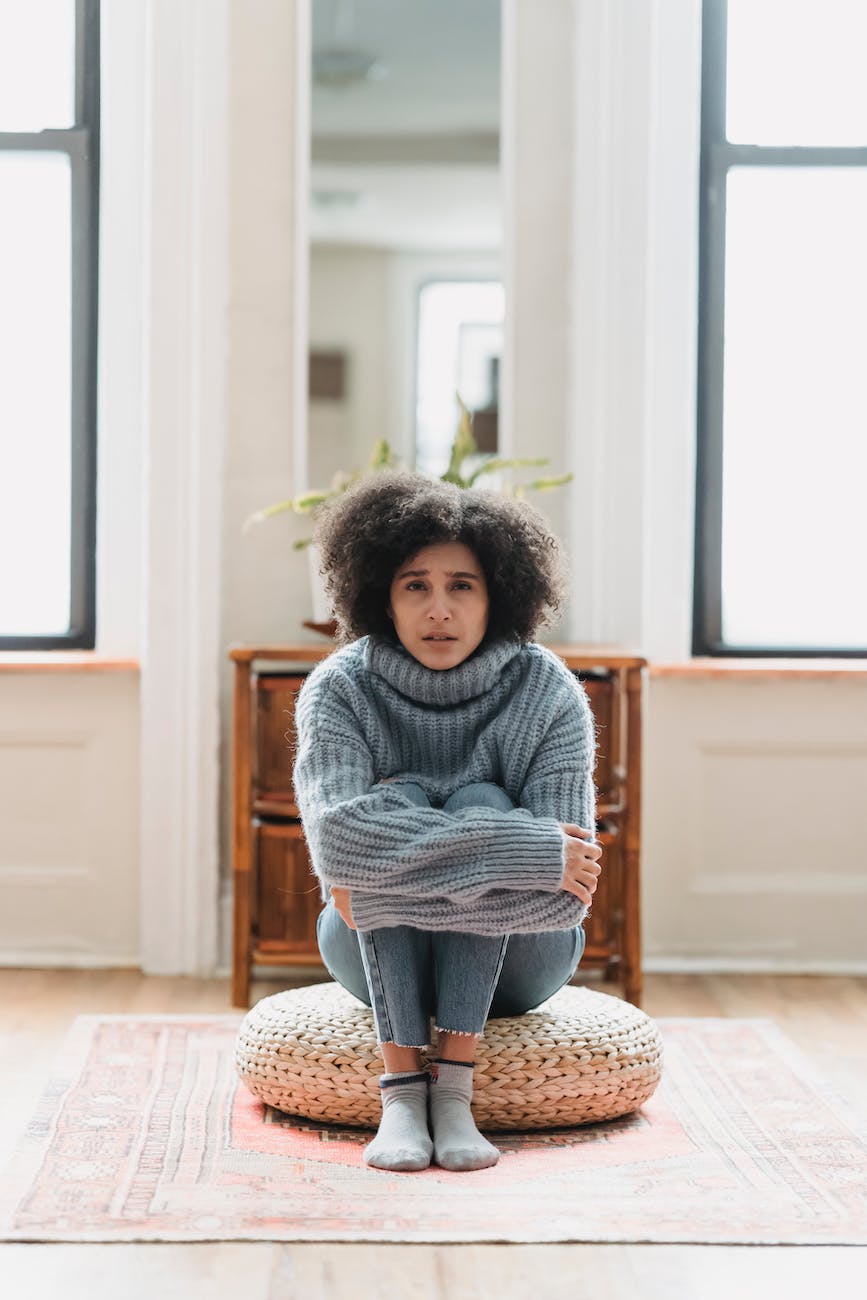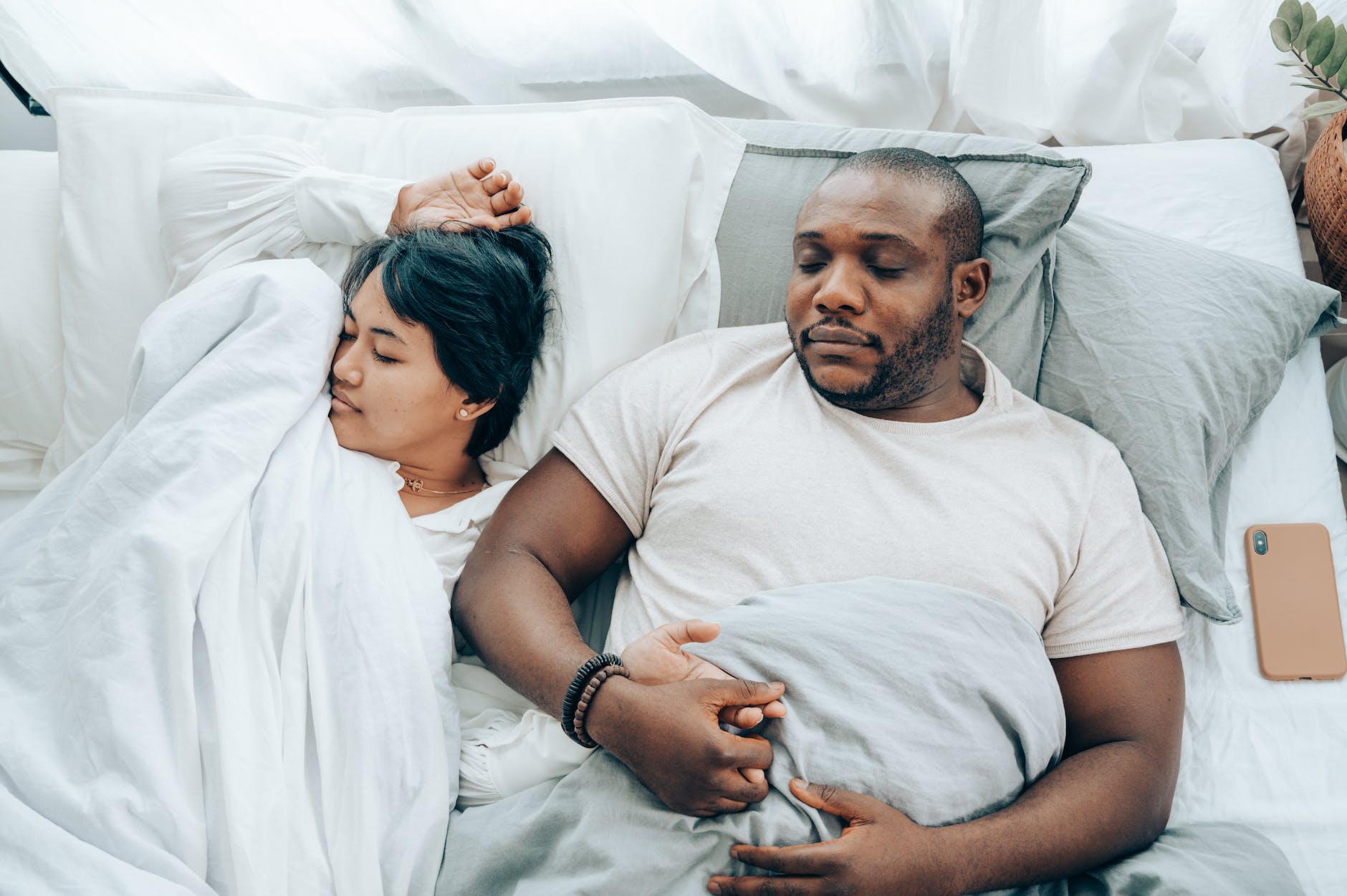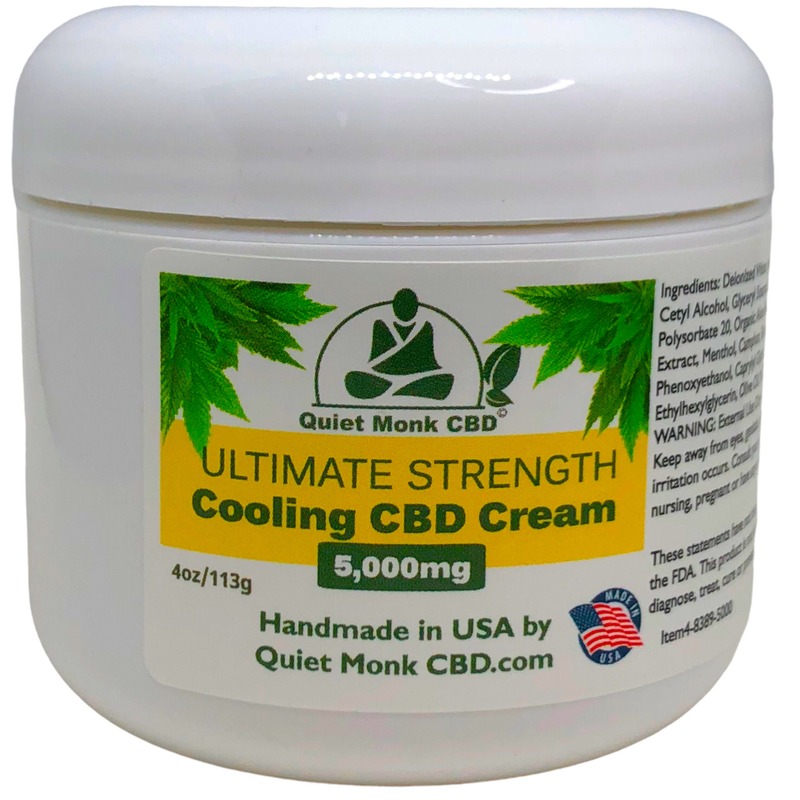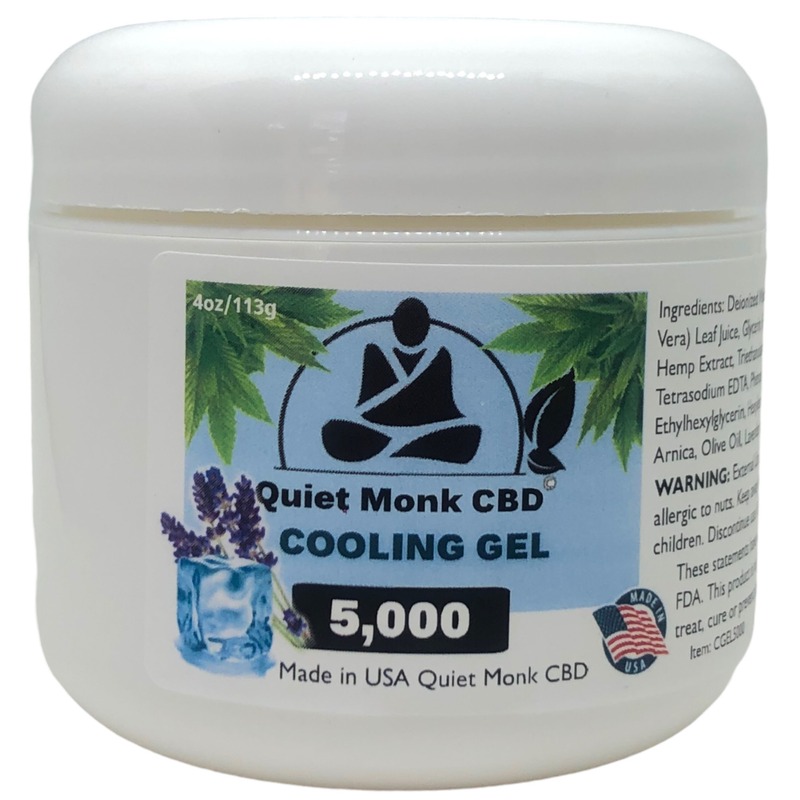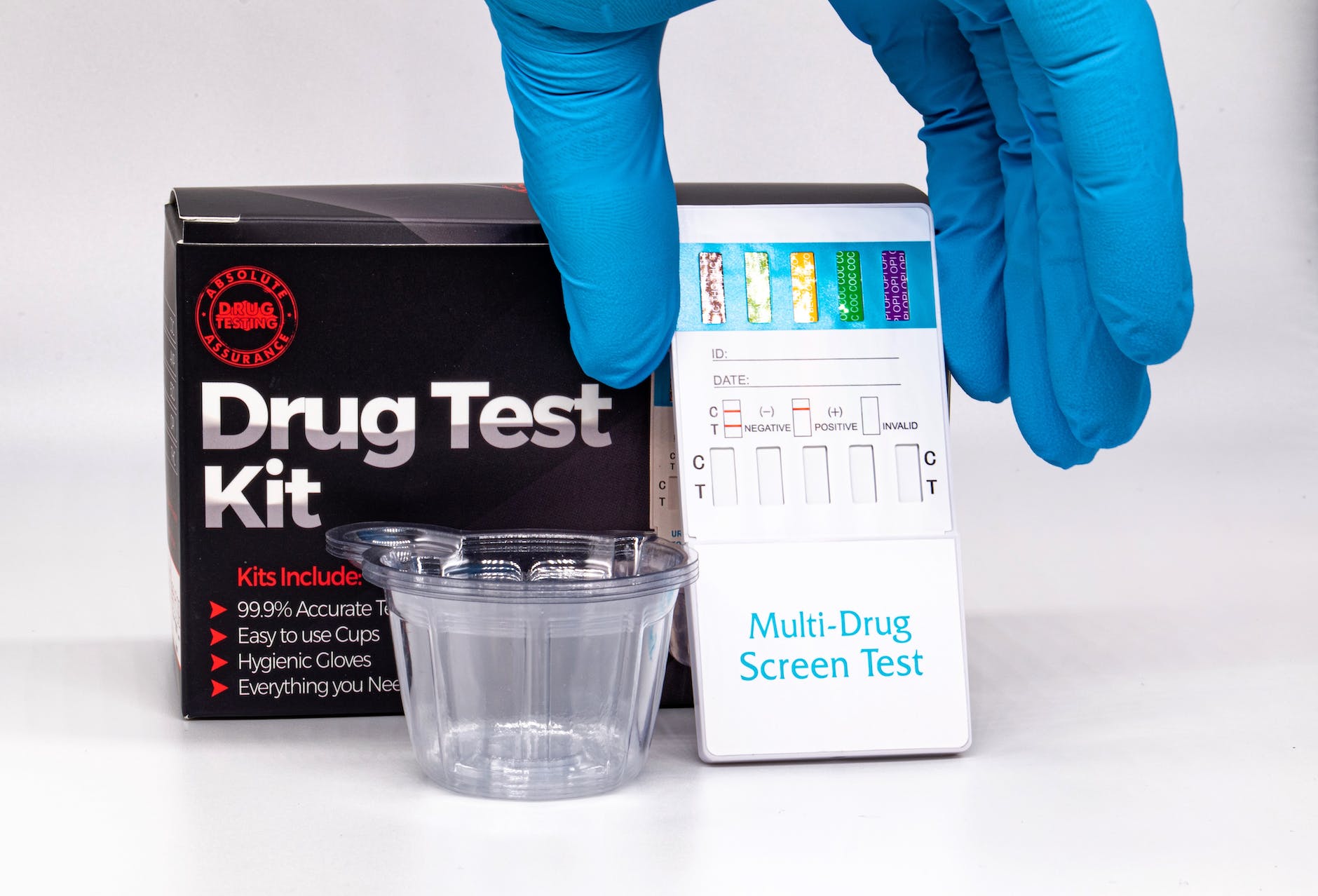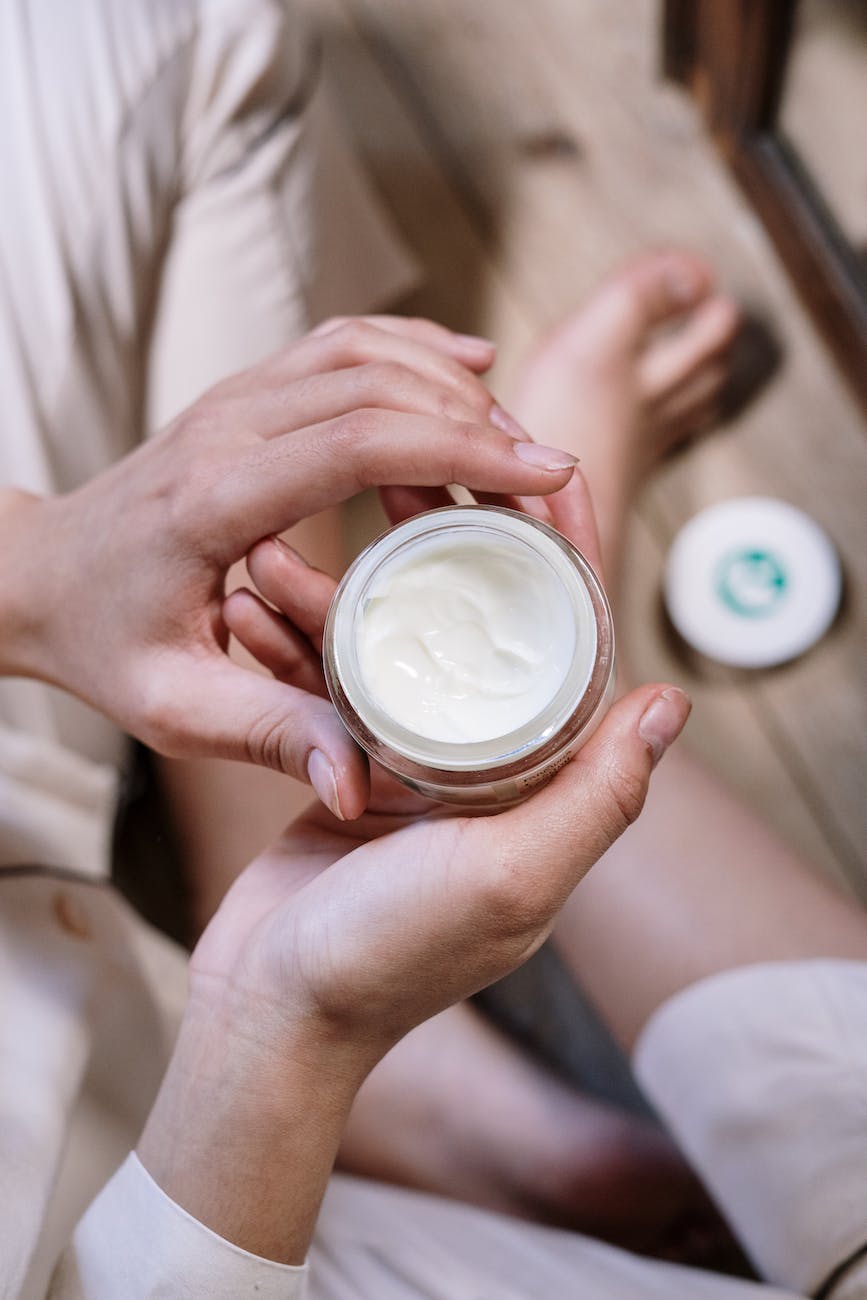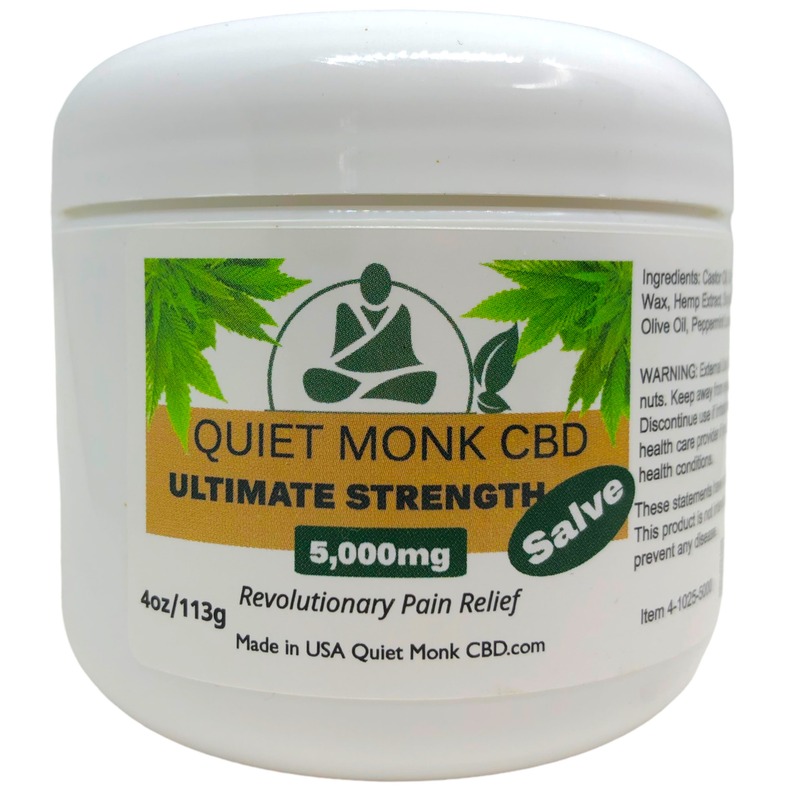CBD’s potential as a topically applied medication has prompted attention for its effects on skin conditions. Concerns, though, have been raised about drug interactions between topical CBD and other medications. Knowing this is key for secure and effective CBD topical product use.
Topicals are absorbed through the skin and can mess with other drugs that get into the bloodstream. This can modify drug metabolism and alter their effects. So, it’s important to consult with a doctor before using topical CBD if you’re taking any medications.

Research on topical CBD is still limited, but some studies indicate that it can inhibit cytochrome P450 enzymes that break down drugs in the liver. This possibly leads to increased levels of certain drugs in the bloodstream, causing adverse effects.
In 2018, The Journal of Clinical Pharmacology published a study that found concurrent oral CBD and clobazam use significantly increased clobazam serum concentrations. This emphasizes the need for caution when using topical CBD with other medication.
Figuring out if topical CBD interacts with your drugs can be tough without medical guidance. Consulting a doctor who knows your medical history and prescriptions can help spot potential interactions and ensure safe CBD product use. Mixing topical CBD with meds? Just make sure you’re not accidentally creating a new chemical compound in your bathroom cabinet!
Topical CBD and Medications
To understand the potential interactions between topical CBD and medications, the section on Topical CBD and Medications with Mechanism of Action of Topical CBD, Types of Medications, and Potential Interactions Between Topical CBD and Medications as sub-sections can provide you with valuable insights. These sub-sections explore the ways in which topical CBD interacts with various medications, from the mechanisms of action of topical CBD to the types of medications that may be affected.
Mechanism of Action of Topical CBD
CBD topicals interact with the body’s endocannabinoid system. This affects receptors that control physiological functions. By using topical CBD, localized effects can be achieved and provide relief from pain, inflammation, and skin issues.
The cannabinoids penetrate the skin layers and create anti-inflammatory, analgesic, and antioxidant properties. This reduces swelling or pain and protects against oxidative stress.
Studies have indicated that CBD helps control sebum production. This balances skin levels and reduces acne symptoms.
CBD is safe and non-addictive, however, when used with other medications, it could alter their efficacy due to interactions. For instance, a patient was using CBD topical with her acne treatment, but saw no results until she stopped taking a drug that interacted with the active compounds in hemp extracts. When she stopped taking Benadryl, significant improvements were seen in just days.
Types of Medications
There are many categories of pharmaceutical drugs that can interact with topical CBD. Knowing these medications and their potential effects when mixed with topical CBD is vital.
See the table below that displays some common medication types and their purpose:
| Medication Type | Purpose |
|---|---|
| Pain Relievers | Alleviate pain. |
| Anticoagulants | Prevent blood clots. |
| Antidepressants | Treat depression or anxiety. |
| Anti-seizure Medications | Stop seizures. |
Note: This table isn’t complete. There are many other medications, so always ask a healthcare professional before using topical CBD with your medication.
When taking prescribed medication with CBD topicals, some drugs may become more powerful, while others may weaken. So, talk to a qualified medical professional first before combining prescription medication with topical CBD.
Research on drug-drug interactions is scarce because of legal issues and lack of funds. Therefore, we don’t know how topical CBD affects drug efficacy in people who take medication regularly.
Although there is little info on this topic, anecdotal evidence suggests that most people who use topical CBD with their meds don’t have any serious problems, apart from mild skin irritation at the application site.
Topical CBD and medications – a blessing or a dangerous chemistry experiment?
Potential Interactions Between CBD Creams and Medications
Recent research has revealed possible interactions between CBD topicals and medications. To give insight into this, we have created a table below. It includes the type of medication and the effects it may have when used in conjunction with topical CBD.
| Medication Type | Potential Effects with Topical CBD |
|---|---|
| Anticoagulants | Possible increased risk of bleeding or bruising |
| NSAIDs | Possible increased risk of stomach ulcers or gastrointestinal bleeding |
| Corticosteroids | Possible decreased effectiveness or increased side effects of the steroid medication |
| Benzodiazepines and Certain Antidepressants | Possible increased sedation and drowsiness |
It is essential to talk to a medical expert before using topical CBD products with any prescribed medication. Pro Tip: Always read labels carefully and communicate with your doctor if any issues arise. Mixing topical CBD and medications is like playing a game of pharmaceutical roulette – you never know what you’ll get!
Factors Affecting Interaction Between Topical CBD and Medications
To understand how topical CBD interacts with medications, you need to consider various factors. Dosage and administration, metabolism and genetics, age, and health status all play a role in affecting the interaction between topical CBD and medications. In this section of the article “Does Topical CBD Interact with Medications?” we’ll explore these sub-sections as potential solutions to help you make informed decisions about combining topical CBD with your medications.
Dosage and Administration
To get the most out of CBD, you need to understand how to use it effectively. This includes finding the ideal dosage and the best administration methods for you and your current meds.
- Speak to a doctor before using topical CBD products. They can tell you if it’s safe for you to use, based on your medical history.
- Start low. Begin with a small amount of CBD and slowly increase it until you get the effects you want.
- Apply only to the area you need it. Don’t put CBD products all over your body.
- Check how long the product will stay on your skin. The longer you keep it there, the more it will be absorbed into your blood.
- Don’t take other medications after applying CBD topicals. This may reduce their effectiveness or create undesired side effects.
Age, weight, metabolism and health conditions can all influence how well different doses of CBD work for each person. So, observe the dosages and results closely to get the most out of your topicals without any bad interactions with other meds.
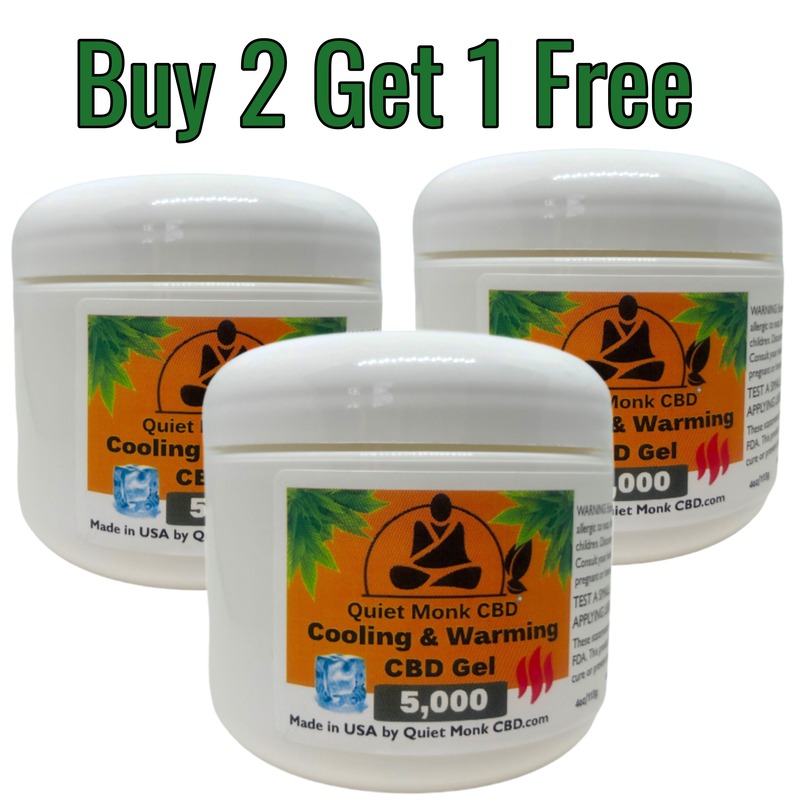
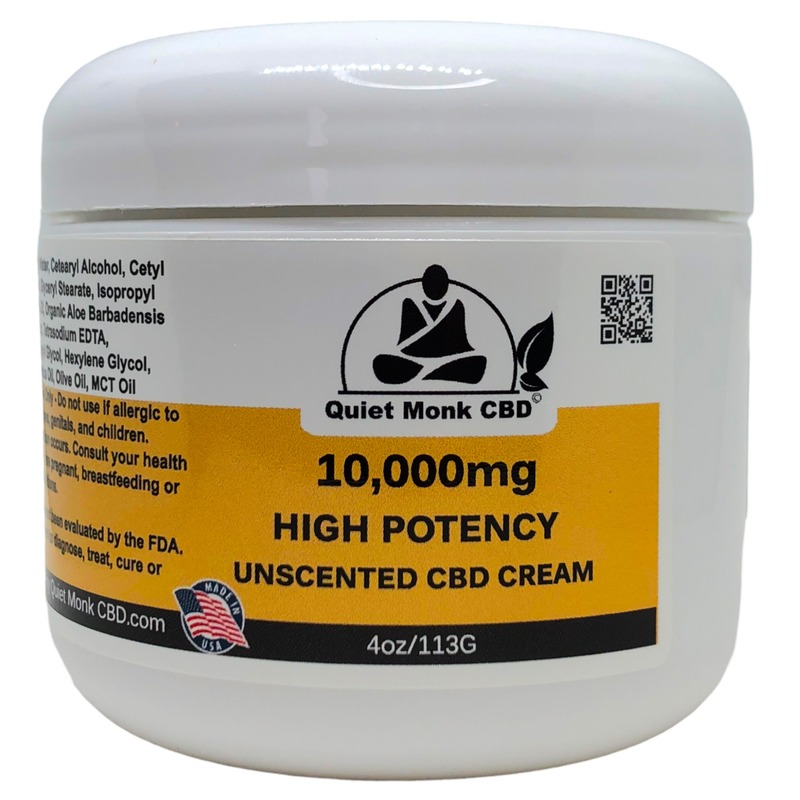
Metabolism and Genetics
Our bodies process substances differently. Genetics determine how well people process drugs, like CBD. Some people have variations that affect enzymes. This could cause higher levels of drugs in the bloodstream, resulting in bad reactions or overdose when taking CBD and other medications.
If you take meds, talk to your healthcare provider before using CBD. They can help you use it safely. Tell your healthcare provider about all your meds and supplements. Age doesn’t matter. But your health status does when it comes to using CBD and meds.
Age and Health Status
When taking topical CBD with medications, age and health must be taken into account. Elderly people may have slower metabolism, leading to increased levels of medication in the system and potential adverse effects. Children/teens have less developed livers, which can impact growth and development. People with pre-existing conditions may see an increase in medication levels due to kidney or liver impairment.
It is essential to be aware of these implications. Consulting a healthcare professional is strongly recommended before any CBD treatment.
For safe use of topical CBD and meds, age and health status must be carefully examined. Adverse reactions can occur with improper use, so always consult a medical expert first. Don’t take unnecessary risks – get the necessary advice to stay safe!
Precautions When Using Topical CBD with Medications
To ensure safe usage of topical CBD with medications, precautions must be taken. In this section, “Precautions when using Topical CBD with medications,” you will learn about two sub-sections focused on mitigating the risks. Consulting with a healthcare provider and monitoring for any adverse effects are essential for a safe and successful experience.
Consultation with Healthcare Provider
Before using topical CBD with any medications, it is essential to consult your healthcare provider. They can give important insights on possible interactions and changes that need to be made to minimize the risk of side effects that may harm your health.
Inform your healthcare provider about any medical conditions or medicines you are taking before adding CBD to your routine. This will help them to check for any potential problems and decide if it’s safe to use topical CBD with other drugs.
Be aware that dosage, consumption methods, and quality of CBD products differ between brands and formulations. It’s wise to only use reliable sources. Researching reputable companies and brands would be beneficial when adding supplements to your routine.
ProjectCBD.org’s study “CBD-Drug Interactions: Role of Cytochrome P450” found that high doses or long-term use of CBD can affect how prescription drugs are metabolized. This can lead to unintentional effects, including slowed down liver enzyme processing, which increases the amount of prescription drugs the body absorbs.
Watch out for any adverse effects when using topical CBD with medications.
Monitoring for Adverse Effects
When using topical CBD with medications, it is important to be aware of any negative responses. Keep an eye out for side effects like dizziness, nausea or untoward drug interactions. Manage these by adjusting the dosage as necessary.
It’s also recommended to consult a healthcare professional before using any CBD products with prescription or over-the-counter drugs. This helps assess the safety and potential risks of combining them. Make sure to inform them of your decision to use CBD topicals.
Pro Tip: Keep track of all symptoms, adjustments made and any medication changes. This helps discuss your condition’s progress with healthcare practitioners during follow-ups.
Remember, when it comes to mixing CBD and medications, safety comes first. Your health isn’t worth taking risks with.
Conclusion
CBD cream and other topical CBD products may have an impact on how certain medications are metabolized. It is important to consult with a healthcare provider before using them. Some studies suggest that CBD can inhibit drug metabolism enzymes in the liver. This may cause changes in medication concentration and negative side effects. To avoid this, tell your healthcare provider about all products you are using, including topical CBD.
Before using CBD-infused topicals, carefully check product information. Due to a lack of regulation, labels and potency might differ between brands. This increases risk of negative side effects and overdosing.
It is essential to be transparent with your prescribing physician when using OTC remedies. Anecdotal accounts show promise for pain management. However, better understanding and guidance is necessary from healthcare professionals.

